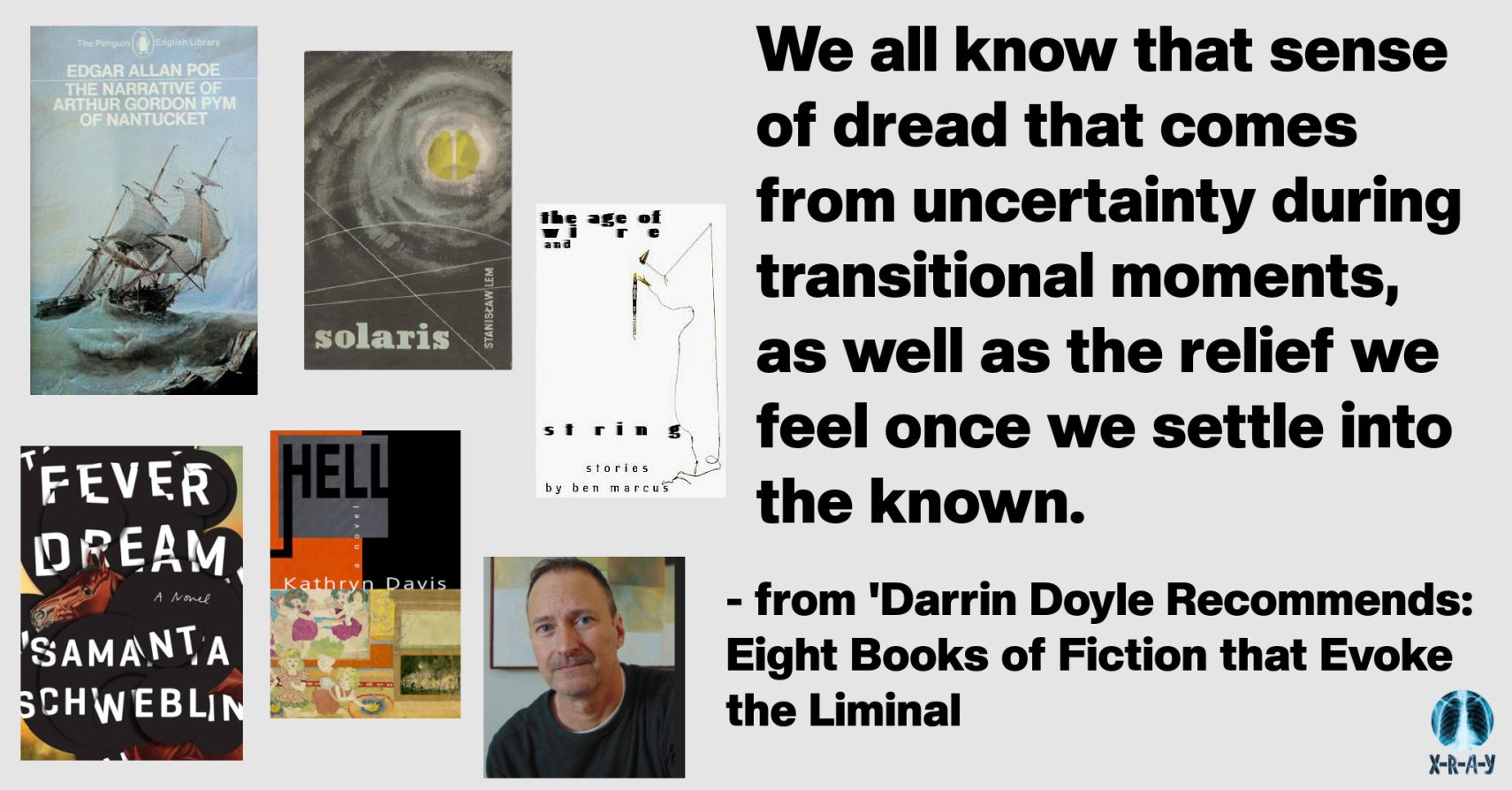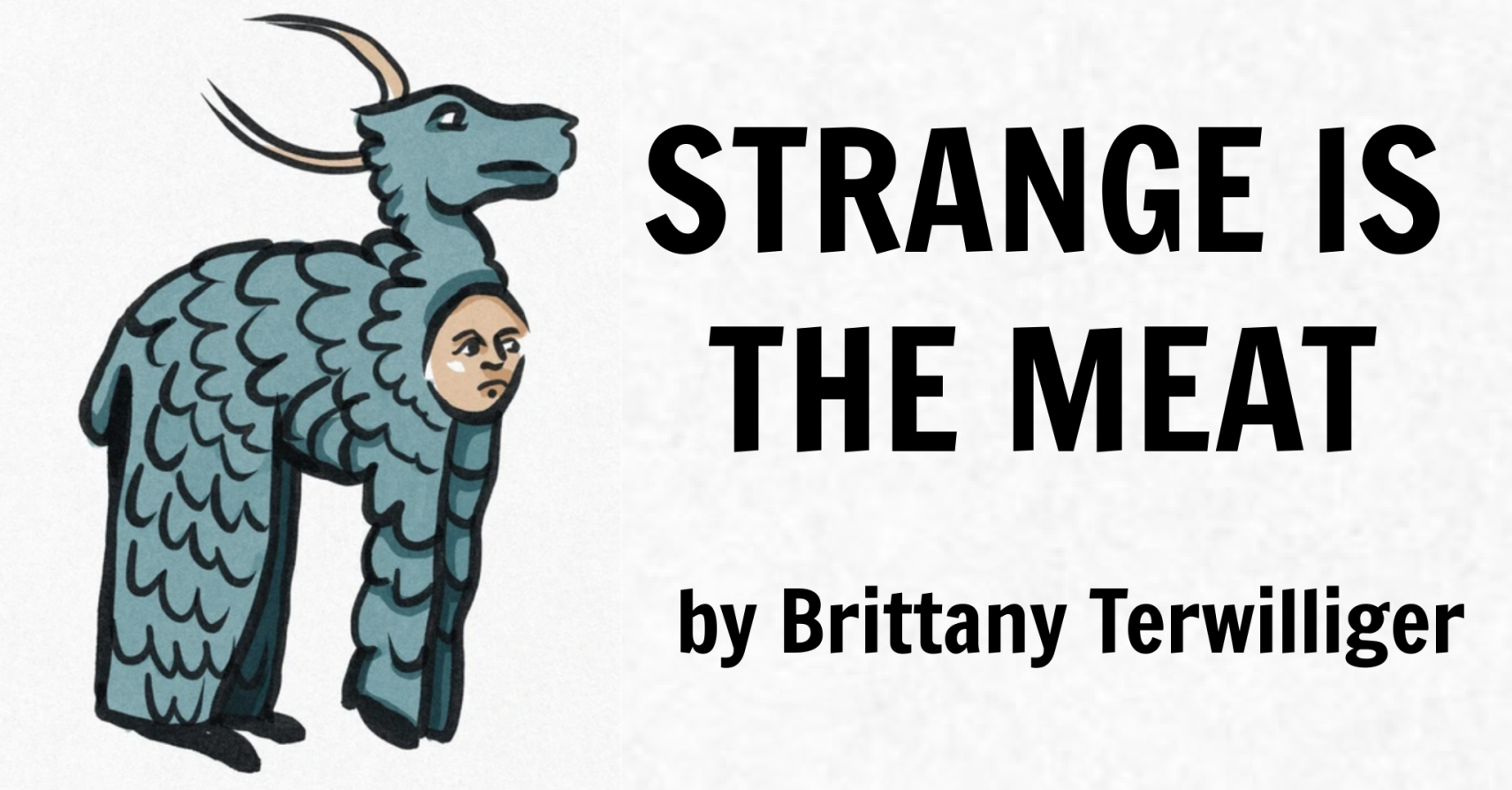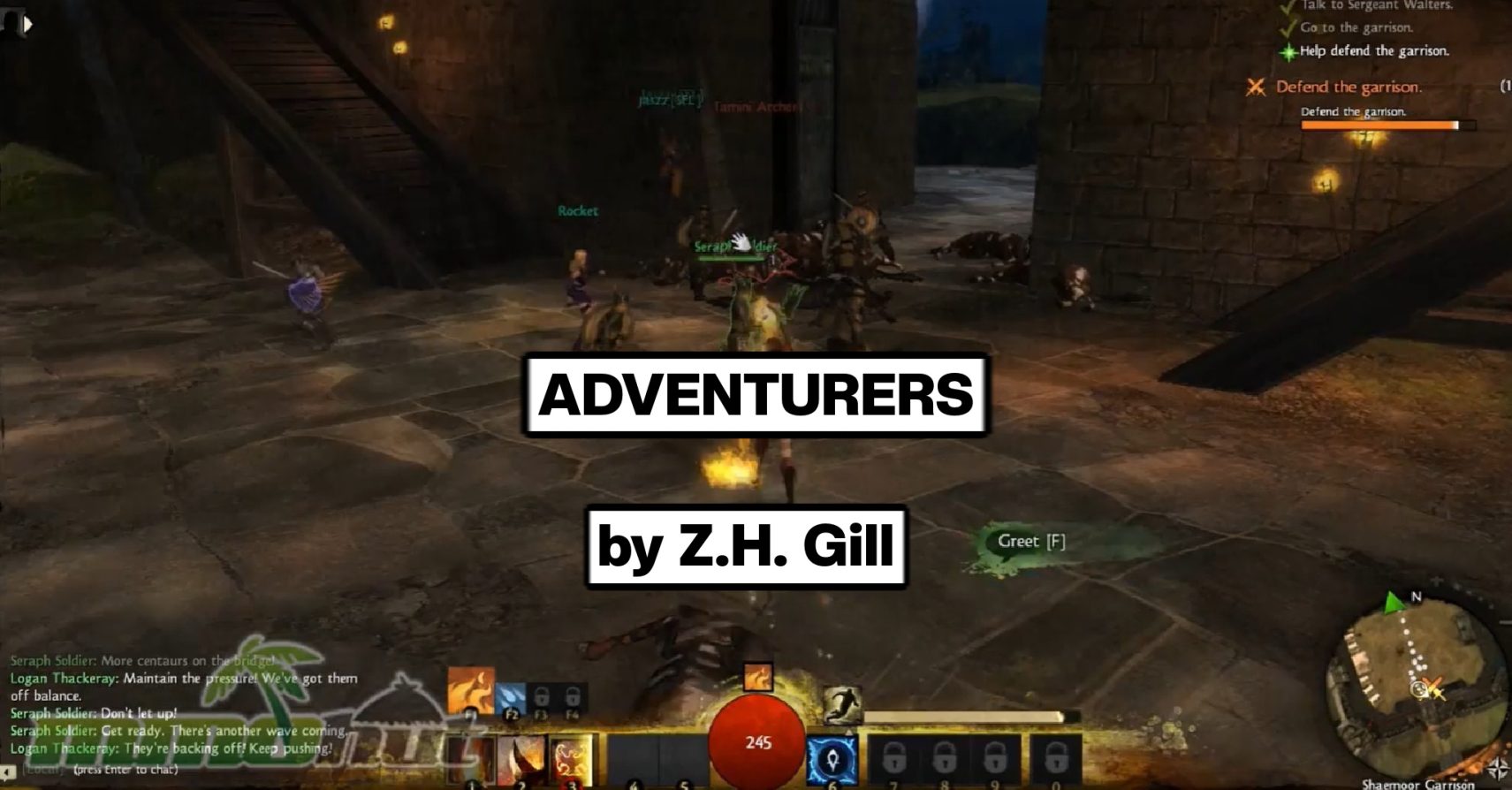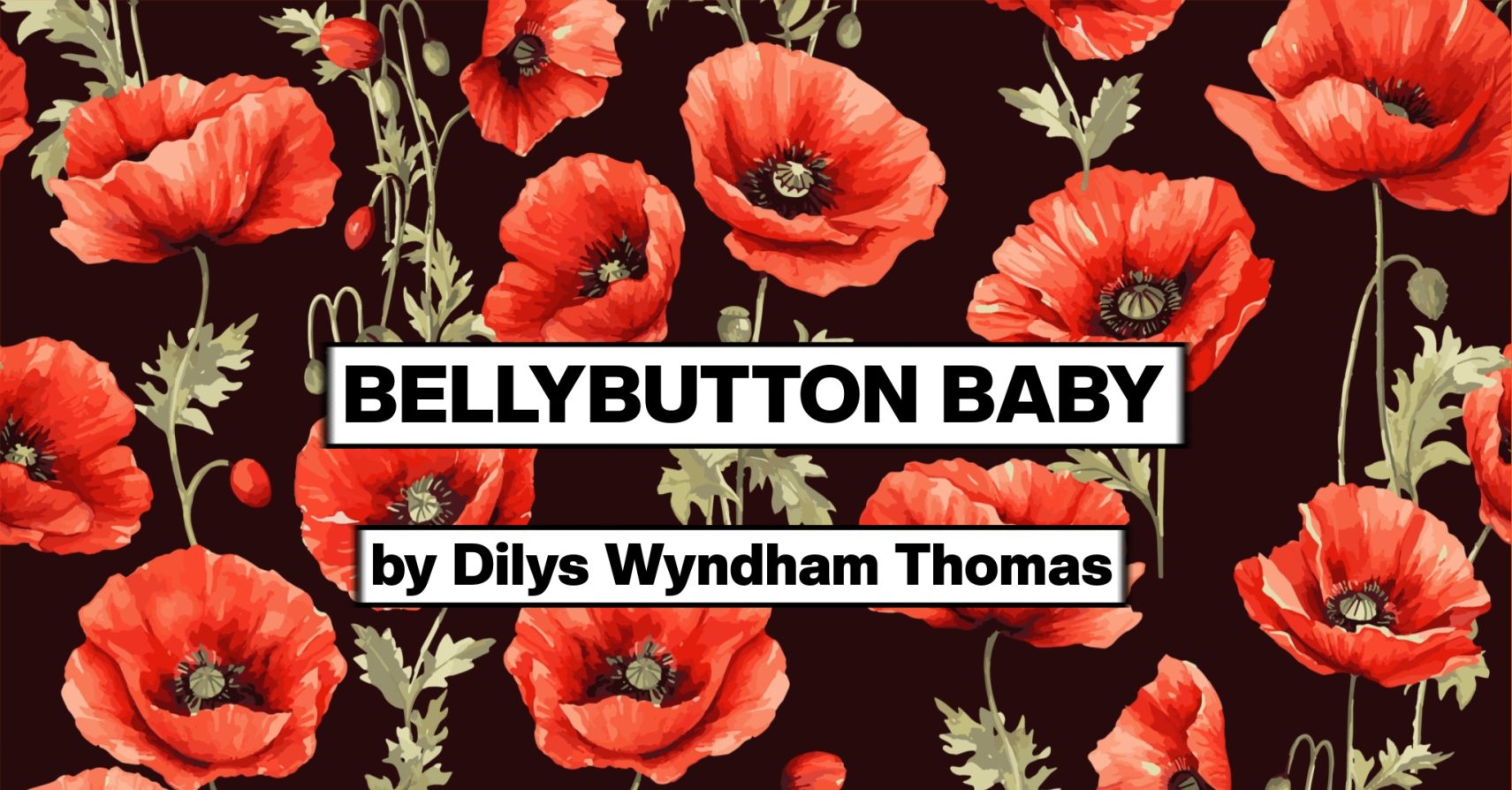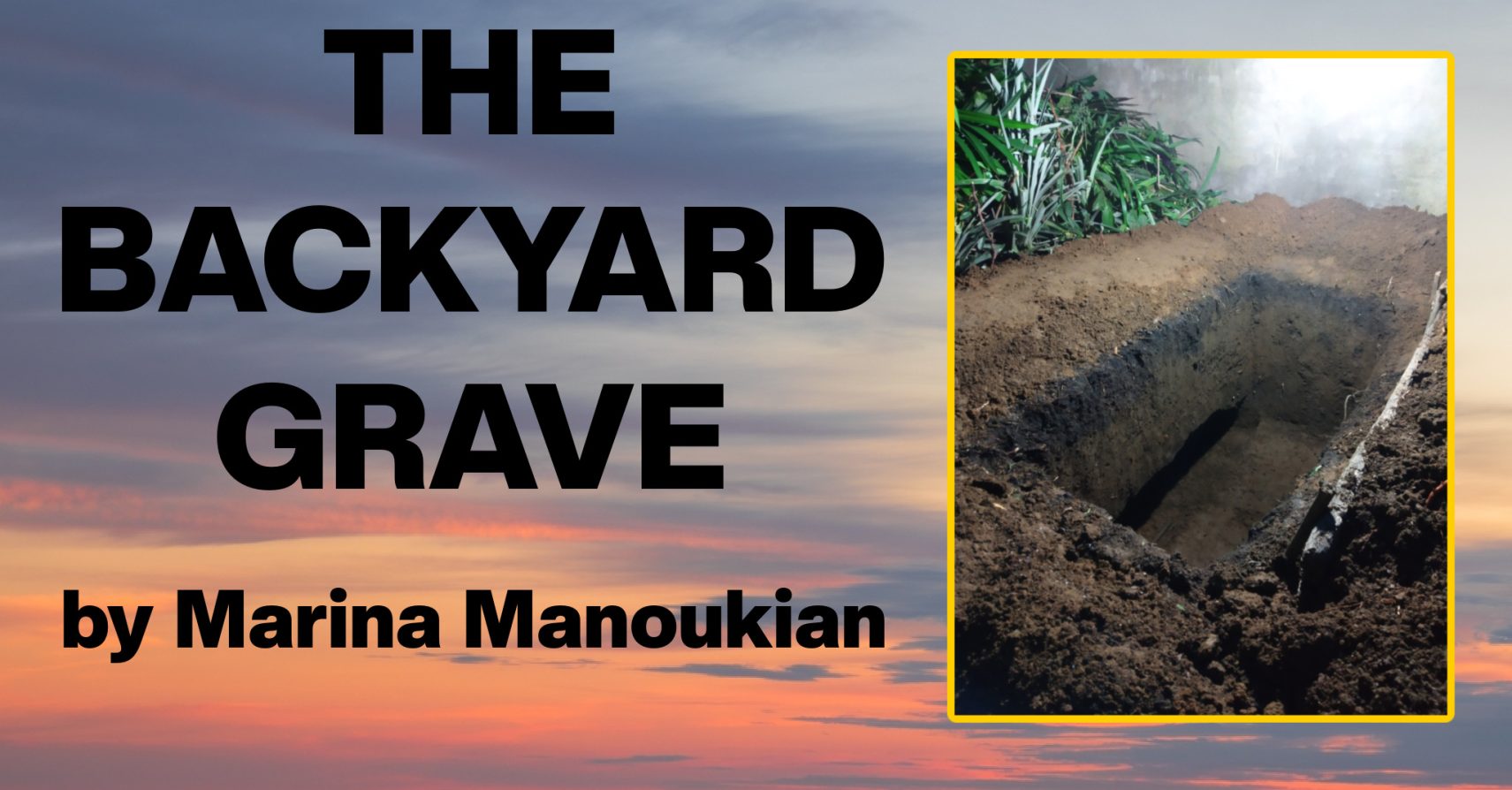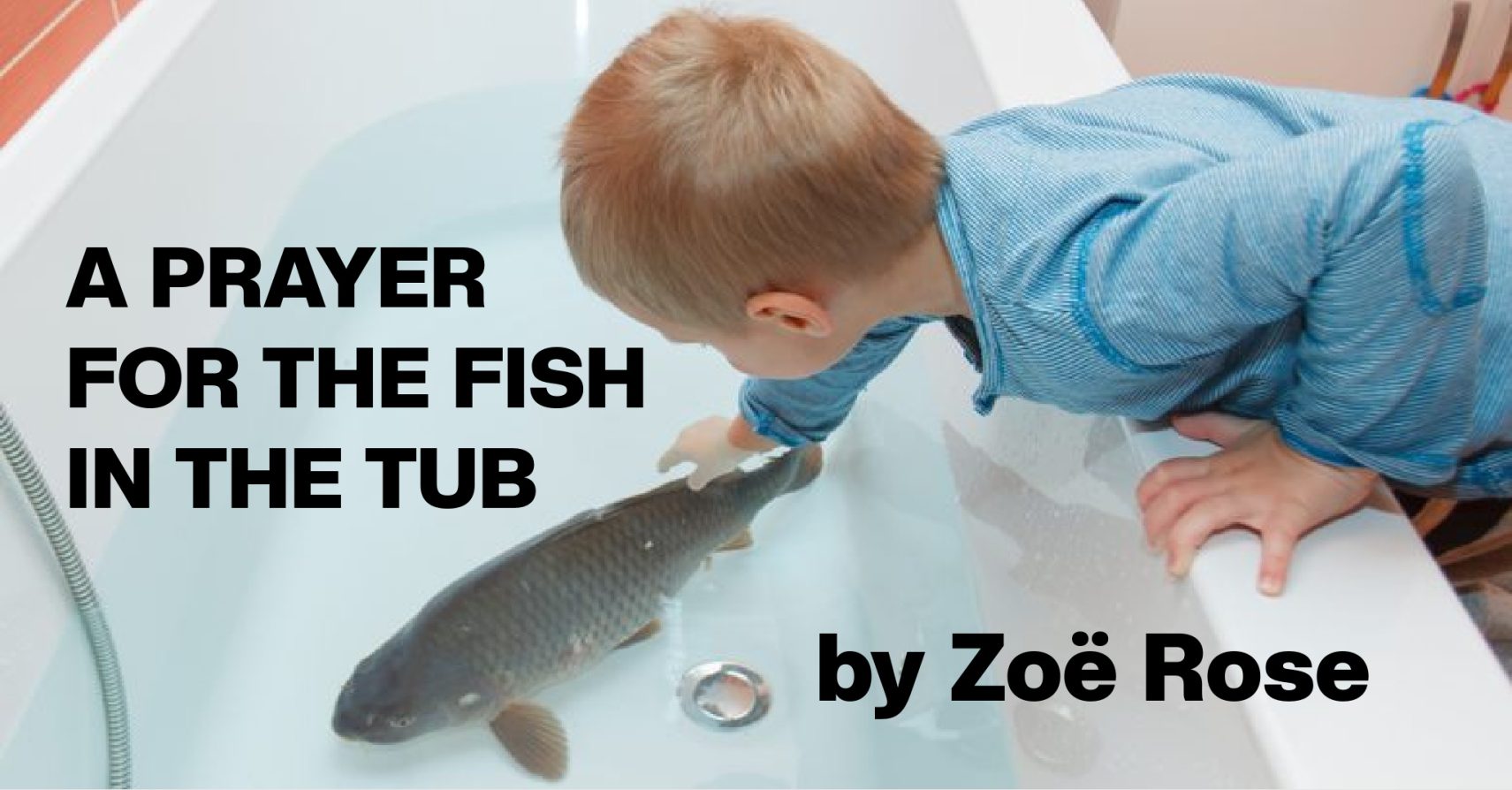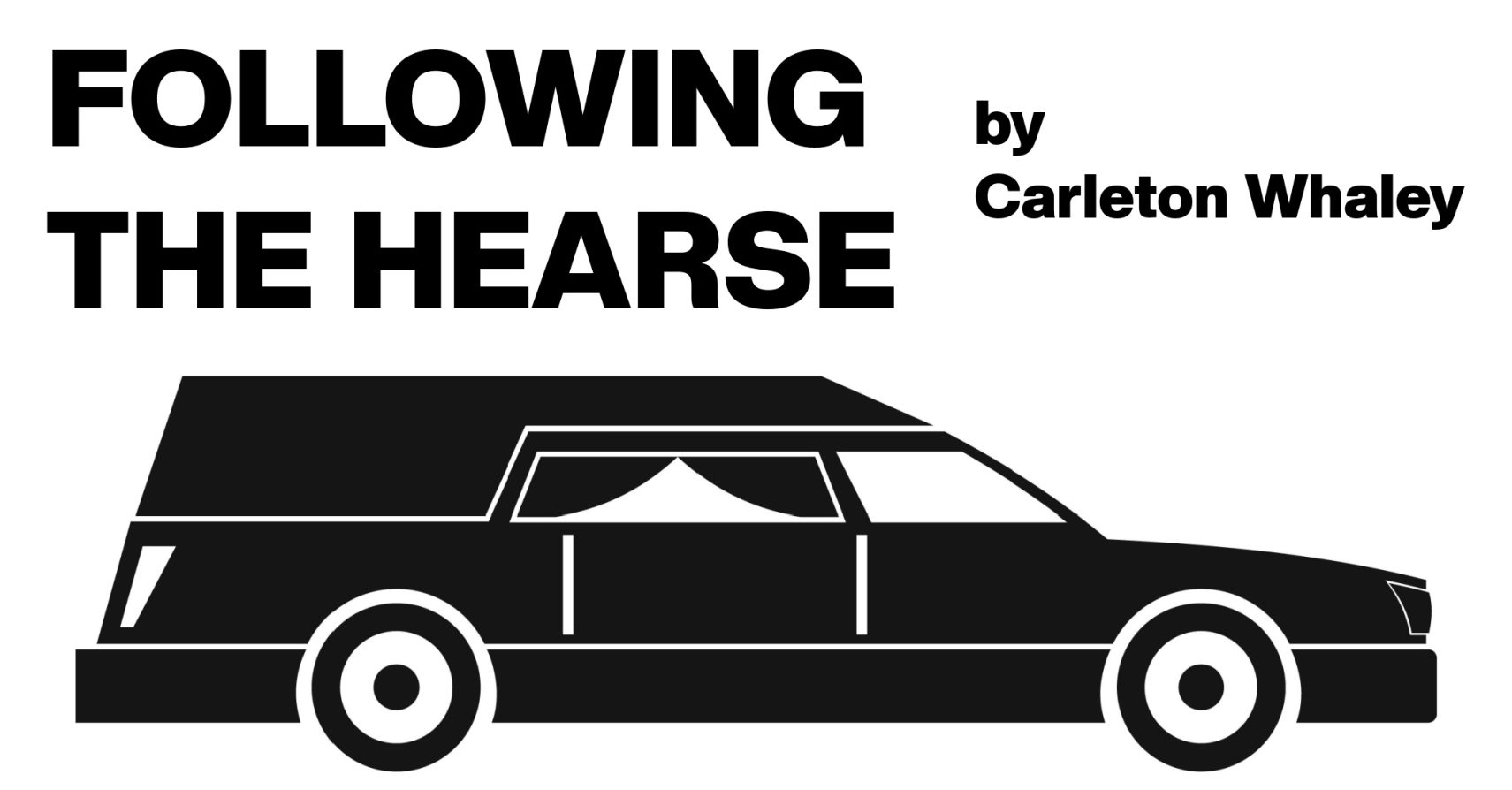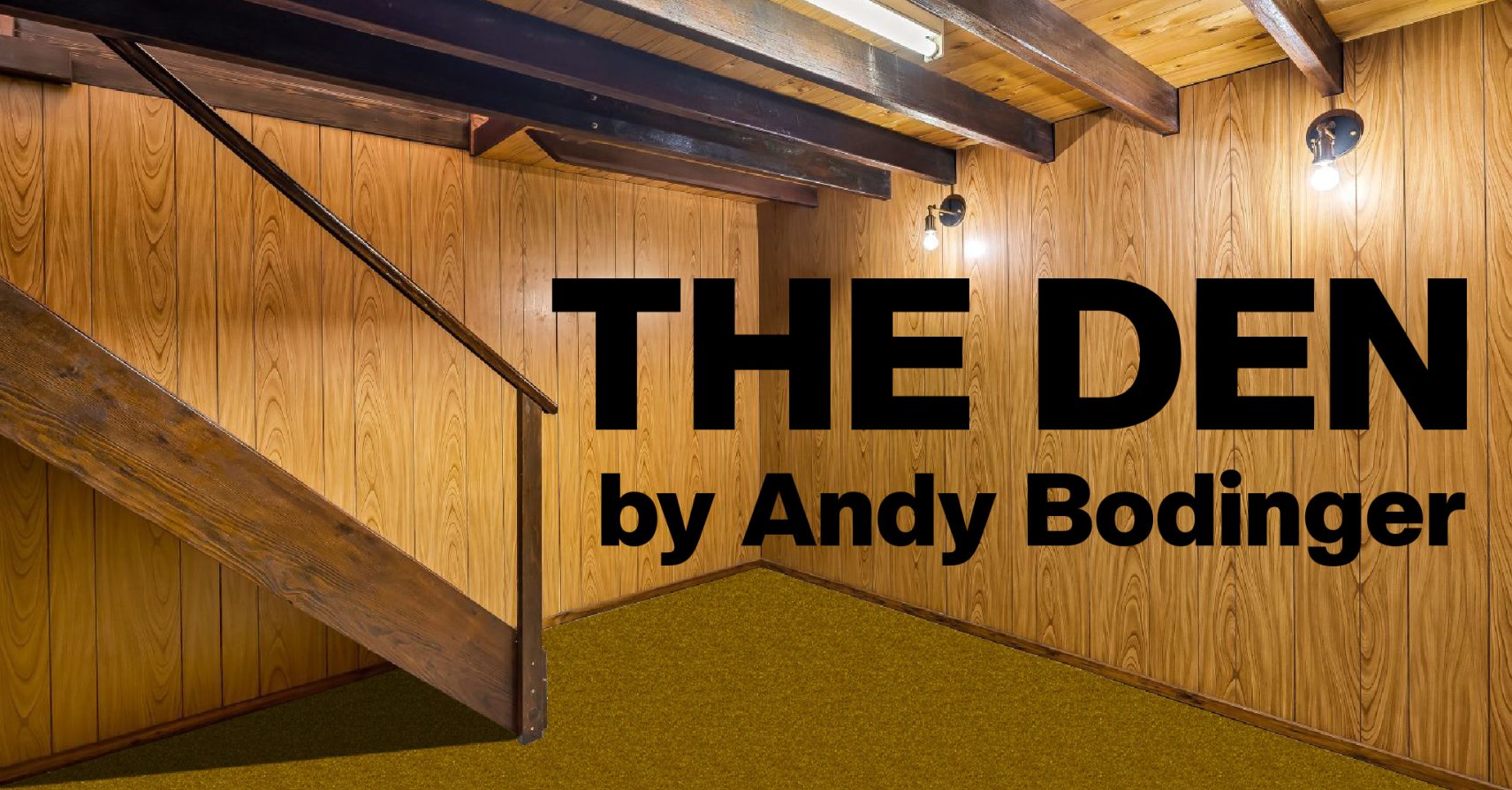
THE DEN by Andy Bodinger
I’d been in the Midwest a month. I had stepped off the Greyhound with clothing, toiletries, documents, and a cremation urn, which I kept my savings in. The locals considered my new town dead. At first, I disagreed. Or, I figured at least, if it was dead, its corpse was flowering. Everything I needed was within the grid of a few blocks. Connecticut was unwalkable, nothing more than tree-lined roadways connecting one muddy village to the next. Soon, however, I ended up bored out of my mind, never imagining that I could do everything right and be so listless. One…

